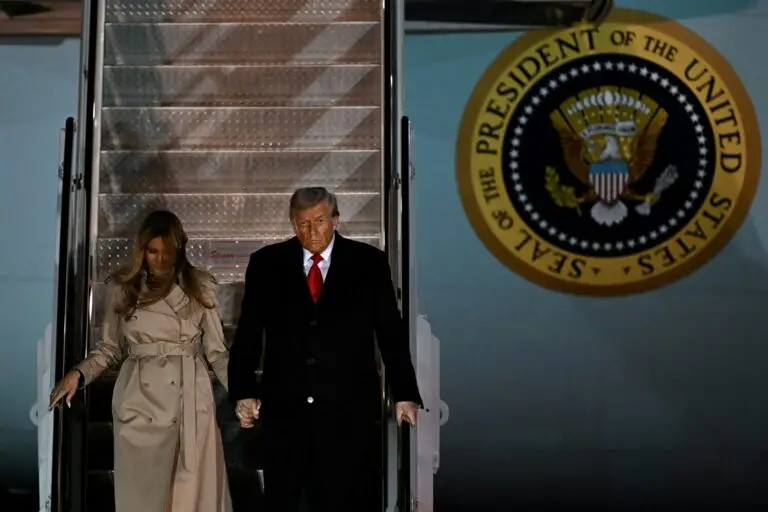Donald Trump’s latest landing in Britain is less about ceremony and more about calculation. At 79, the former president returns not as a novelty guest but as a known quantity—an unpredictable ally whose presence forces London into a balancing act between diplomacy and domestic dissent.
Unlike his 2019 visit under Queen Elizabeth II, this state invitation under King Charles III comes with a sharpened edge. Prime Minister Keir Starmer, just months into his tenure, is wagering that lavish hospitality can temper Trump’s mercurial instincts. Carriage rides, banquets, and military flyovers may be designed to flatter, but the true objective is strategic: to keep Britain relevant in Trump’s orbit should he again become the dominant force in US politics.
The choreography is precise, but the optics are uneasy. Heavy security ensures Trump remains insulated from the streets, where protest movements are already mobilizing. Organizers have planned demonstrations across London, while activists have taken to visual disruption—projecting Trump’s image alongside convicted sex offender Jeffrey Epstein on Windsor’s walls. This undercurrent is not easily erased by military bands.
For Starmer, the visit carries risks at home. The abrupt dismissal of Ambassador Peter Mandelson over Epstein-linked correspondence reveals how far Downing Street is willing to go to control the narrative. But critics see capitulation, not strength. “This is survival politics disguised as statecraft,” one observer noted.
Trump, for his part, appears unfazed. His remarks upon arrival—warm words for Britain, admiration for Charles, and promises of a “big day ahead”—mask a political reality: he arrives in the UK at a moment of turbulence back in Washington. The killing of right-wing activist Charlie Kirk has intensified unrest, giving the former president both a distraction and a stage abroad where applause can be orchestrated and dissent contained.
Britain’s gamble is that the red-carpet treatment will secure goodwill. Yet history suggests Trump values leverage over loyalty. For all the pomp of Windsor Castle, the real measure of this visit will not be seen in carriage rides or banquets, but in the trade concessions, defense commitments, or political endorsements extracted once the spectacle fades.
Beneath the gold trim and ceremonial precision, the question remains: who is hosting whom?






